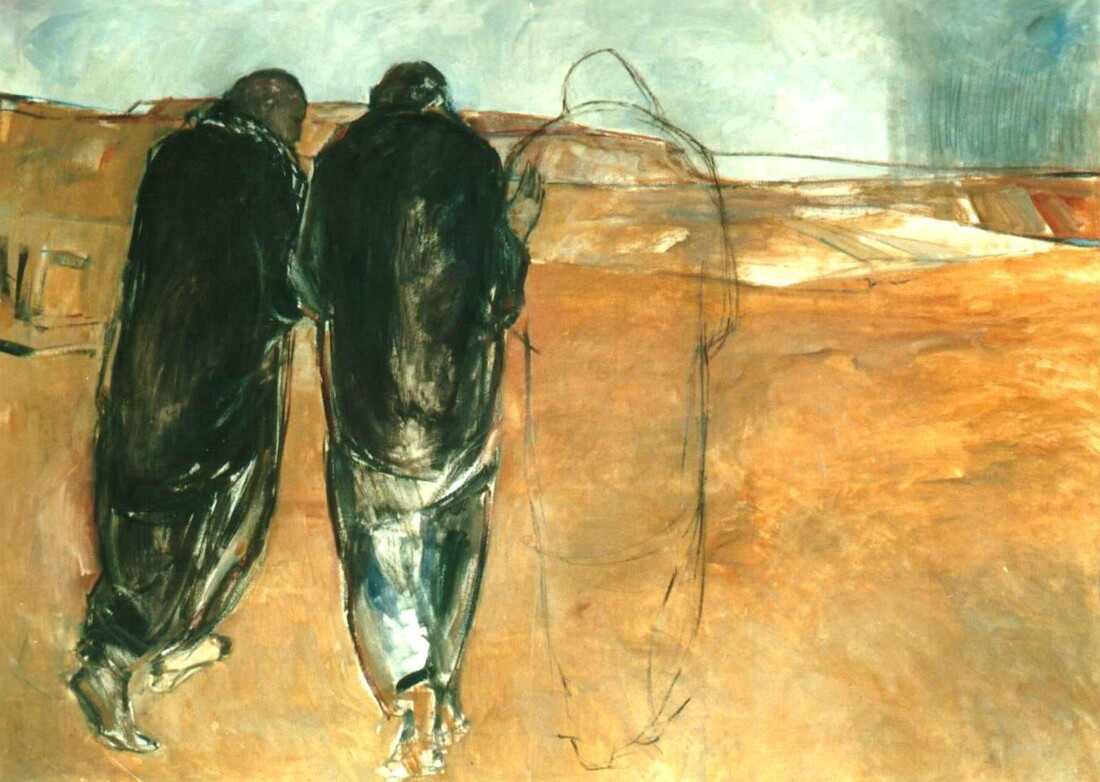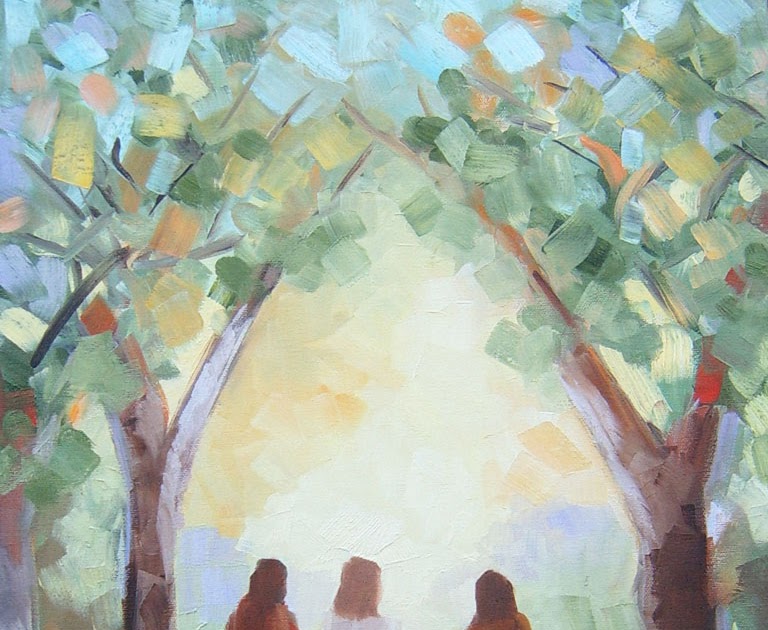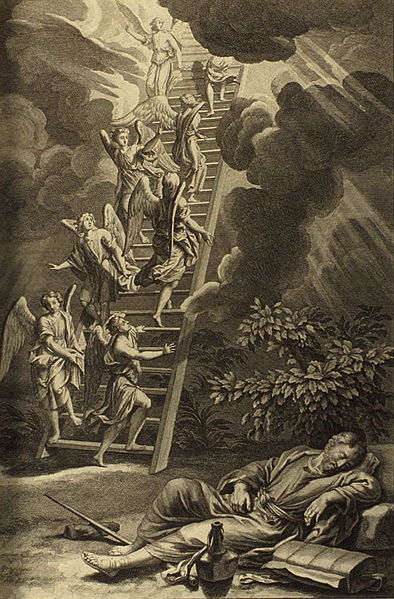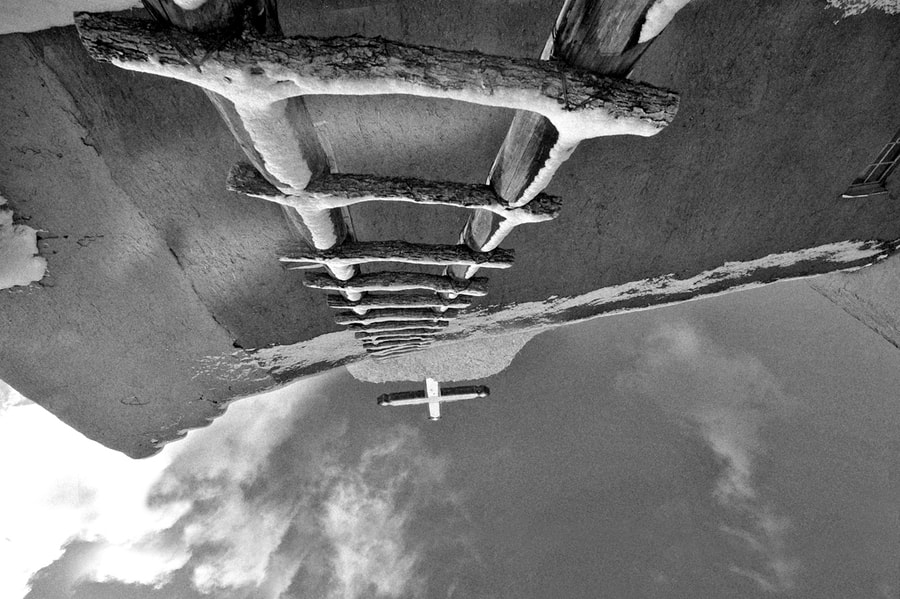9 Comments
Ben
4/5/2023 06:51:22 pm
This topic you've chosen today, is one I only hear proverbial whispers of in Lectures on Faith, and from a few other specific authors. I found it invigorating to see what would follow in each section. But rather than scratch my curiosity itch much more on veiled doctrine, I learned a lesson instead - one always intended from so many verses passed down to us from the prophets. Perhaps if this subject were more of a focus - if we could only replace every time we heard "follow the. . ." you know who, with, "be ye therefore abased" we would certainly all be at least a little more focused in the right direction - on an actual covenant path. Its so simple it makes me crazy wondering how I can get lost in so many "doctrinal" weeds trying to work out my salvation, and still miss this rudimentary truth. Its like when we hear another list of things to do or be in order to merit His grace, but none of it really matters one iota without charity. Abasement seems to follow along those lines, a workout to help encourage the charity muscle gains.
Reply
Tim Merrill
4/6/2023 09:12:38 am
Ben, I am glad you brought up the Lectures on Faith! Isn't it interesting how we quote the passage "a religion that doesn't require the sacrifice of all things..." all the time; but is service and sacrifice the same as abasement? I have seen people serve and sacrifice from their vaulted positions, and not be abased; in fact, their "good works" often receive praise. Perhaps this is what the Lord meant when he referred to the lords of the Gentiles who are viewed as benefactors (top-down), when he told his apostles to be servants and not masters.
Reply
Ben
4/7/2023 12:58:22 am
I can’t stop thinking about this. Your added comment as well. I hope you can make this a series somehow. This just seems to really cut through to the heart of the matter, your one step guide to behave like Christ - the greatest of us all - and yet more abased than anyone ever. Constantly acknowledging our unworthiness before the Lord fits well into this paradigm. I also can’t help thinking of the 6-hour Pride and Prejudice series with Colin Firth, and how some characters’ upbringing taught them to behave politely even in situations where a good smack in the face would be more appropriate. Such abasement lends a simple graphic example of how one might immediately engage in this behavior starting today.
Tim Merrill
4/13/2023 06:09:00 pm
Ben: ask and ye shall receive--
Reply
Laura
4/5/2023 10:40:03 pm
Wow! My favorite post so far, you simplified the gospel, that has been so convoluted, in such a powerful way. I want to be able to explain/teach like you do, thank you for putting this out there!
Reply
Tim Merrill
4/6/2023 09:18:25 am
Hi Laura, your comment means a lot to me because as I was writing this I struggled with not making it too complicated; if you found it "simplified" then my prayers were answered! Thank you, Tim
Reply
Clark Burt
4/10/2023 01:43:04 pm
Thank you for this post. Just as Adam ascended and descended, so shall those who desire to be Adam/Eve for new worlds, or Saviors. It is always abasement before exhalation, humility before glory. You nailed it again with this:
Reply
Christie
9/3/2023 07:45:38 am
"happiness is the object and design of our existence?" is a quote from what is known as "The Happiness Letter"attributed to Joseph Smith, but in Joseph's life time he denied being the author. Turns out it was written by the scoundrel John C. Bennett. It's past time for the Saints to believe Joseph and not men and women who lied to cover their sins.
Reply
Tim Merrill
9/3/2023 02:04:09 pm
Thank you Christie; several months ago I did a post on the Happiness Letter, and would love your take on it! Very best, Tim
Reply
Leave a Reply. |
AuthorTim Merrill Archives
July 2024
|
|
|
© COPYRIGHT 2019 - 2024
|













 RSS Feed
RSS Feed